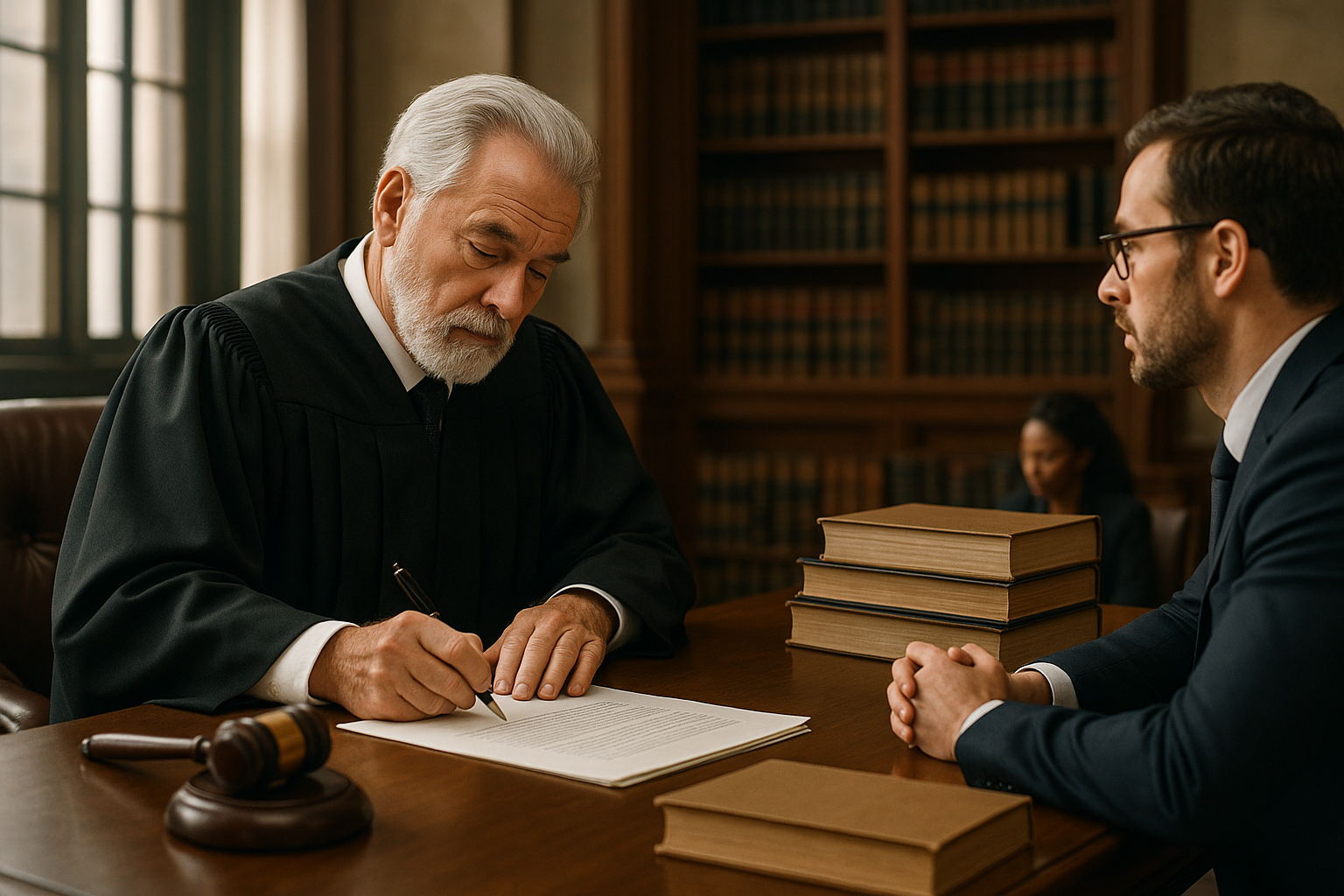Guide to Selecting a Workers’ Compensation Attorney
Selecting the right workers’ compensation attorney can impact your case outcome. This guide explains what to look for in experience, reputation, and communication. Learn how fees and availability play a role. Understand the process from start to finish. Make a well-informed choice.

Understanding Workers’ Compensation Law Expertise
Workers’ compensation laws vary significantly by state, creating a specialized legal niche that requires specific knowledge and experience. A compensation attorney with focused expertise in workers’ compensation cases will be familiar with the nuances of local regulations, filing deadlines, and benefit calculations that apply to your situation. When interviewing potential attorneys, ask about their specific experience with cases similar to yours, their success rates, and how they stay current with evolving workers’ compensation legislation. An attorney who exclusively or primarily practices workers’ compensation law is often better equipped to handle your case than one who only occasionally takes these cases.
Evaluating an Injury Lawyer’s Track Record
The past performance of an injury lawyer can provide valuable insights into their capabilities and approach. Request information about their case history, settlement averages, and trial experience. A reputable attorney should be willing to discuss their success rate in workers’ compensation cases, though they may not provide specific client details due to confidentiality obligations. Look for patterns in their case outcomes that indicate effectiveness in situations similar to yours. Online reviews, testimonials, and professional ratings can supplement this research, though they should be considered alongside direct conversations with the attorney. Remember that past results don’t guarantee future outcomes, but they do indicate experience and competence.
Assessing Communication and Availability
Effective communication is crucial in the attorney-client relationship, especially in workers’ compensation cases that may continue for months or even years. A good work lawyer should be responsive, accessible, and able to explain complex legal concepts in understandable terms. During initial consultations, evaluate how well the attorney listens to your concerns and how clearly they explain the process ahead. Ask about their communication protocols: How quickly do they respond to calls or emails? Will you work directly with them or primarily with paralegals or case managers? Understanding these dynamics upfront will prevent frustration and ensure your questions and concerns receive timely attention throughout your case.
Understanding Fee Structures and Costs
Most workers’ compensation attorneys work on a contingency fee basis, meaning they receive a percentage of your settlement or award rather than charging hourly rates. However, fee structures can vary significantly between firms, as can additional costs for case expenses like filing fees, medical record retrieval, and expert witnesses.
| Fee Component | Typical Range | Notes |
|---|---|---|
| Contingency Fee | 15-25% | Percentage of final settlement/award |
| Initial Consultation | $0-250 | Many offer free consultations |
| Case Expenses | Varies | May be advanced by firm or billed separately |
| Fee Caps | State-dependent | Some states limit maximum attorney fees |
Prices, rates, or cost estimates mentioned in this article are based on the latest available information but may change over time. Independent research is advised before making financial decisions.
Investigating Resources and Support Staff
The strength of a law firm extends beyond its attorneys to include paralegals, investigators, and administrative staff who support your case. A well-resourced compensation attorney will have access to medical experts, vocational specialists, and investigators who can strengthen your claim. During consultations, ask about the firm’s support structure and how cases are managed internally. Larger firms may offer extensive resources but sometimes provide less personalized attention, while smaller practices might offer more direct attorney involvement but fewer specialized resources. Consider which balance best suits your needs and comfort level.
Reading Client Testimonials and Reviews
While personal recommendations are valuable, online reviews and testimonials can provide additional perspective on a potential workers’ compensation attorney. Look for patterns in client feedback regarding responsiveness, effectiveness, and client satisfaction. Pay attention to how the attorney and firm respond to negative reviews, as this can indicate their approach to client concerns and conflict resolution. Professional recognition, such as board certifications, peer ratings, and membership in specialized legal associations focused on workers’ compensation or employment law, can also signal expertise and commitment to this practice area.
Making Your Final Decision
After researching and meeting with several candidates, trust your judgment about which attorney feels right for your situation. Consider the rapport you established during consultations, the clarity of their explanations, and their demonstrated knowledge of your specific circumstances. The right work lawyer will make you feel confident in their abilities while remaining realistic about potential outcomes. Remember that you’re engaging in what might be a lengthy professional relationship, so personal comfort and trust are as important as credentials and experience. Once you’ve made your choice, maintain open communication and take an active role in your case to achieve the best possible outcome.




